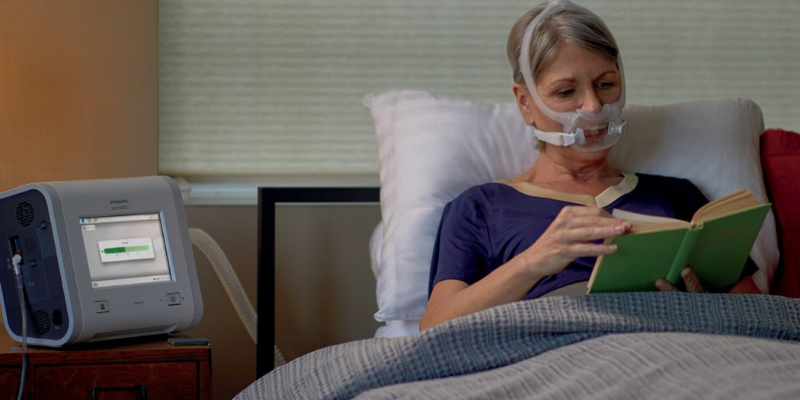Indications for Ventilator Use: When and Why Is It Needed?
Ventilators play a critical role in saving lives by offering essential respiratory support to individuals facing respiratory failure or struggling to breathe independently. These life-saving medical devices are widely employed in intensive care units, emergency departments, home settings, and various healthcare facilities. In this blog, we will delve into the indications for ventilator usage and shed light on when and why they are necessary.
Why Are Ventilators Used?
A ventilator machine is a device used to help patients breathe when they can no longer breathe effectively on their own. A ventilator can help deliver oxygen to the lungs, remove carbon dioxide from the lungs, and can help prevent the lungs from collapsing. By assisting with breathing, ventilators allow the patient to save their energy and put it towards recovering from an illness or injury. The patient’s healthcare team can adjust the ventilator settings to ensure that the ventilator provides the best support possible.
When Are Ventilators Used?
Surgery
There are certain surgeries and procedures that require general anesthesia to be used. When the patient is no longer able to breathe on their own, a ventilator may be utilized. A ventilator in this case ensures that the patient is receiving enough oxygen during and after the procedure.
Respiratory Failure
A quite common use for ventilators is for patients with respiratory failure. Respiratory failure is when the lungs are no longer able to function properly. Respiratory conditions such as pneumonia and chronic obstructive pulmonary disease (COPD) can cause respiratory failure.
Emergencies
In emergency situations where the patient’s airway is blocked and they are no longer able to breathe independently, a ventilator can be used. Ventilators are widely used in emergency departments as life-saving devices.
Certain Medical Conditions
Certain respiratory conditions and neurological conditions may impact a patient’s ability to breathe on their own. Neurological conditions such as muscular dystrophy, stroke, and brain injuries could lead to the need for a ventilator. Other conditions such as asthma and acute respiratory distress syndrome (ARDs) may require ventilators to assist with breathing efficiently.
Overall, healthcare professionals can utilize ventilators to help provide effective care to many patients. Whether it is for surgery, an emergency, or a chronic respiratory condition, ventilators can be lifesaving, making them vital devices in the medical field. Here at Trace Medical, we provide efficient ventilators that can improve the quality of life for patients and allow them to breathe easier. To learn more about our ventilators, please visit our website or contact our team if you have any questions.

